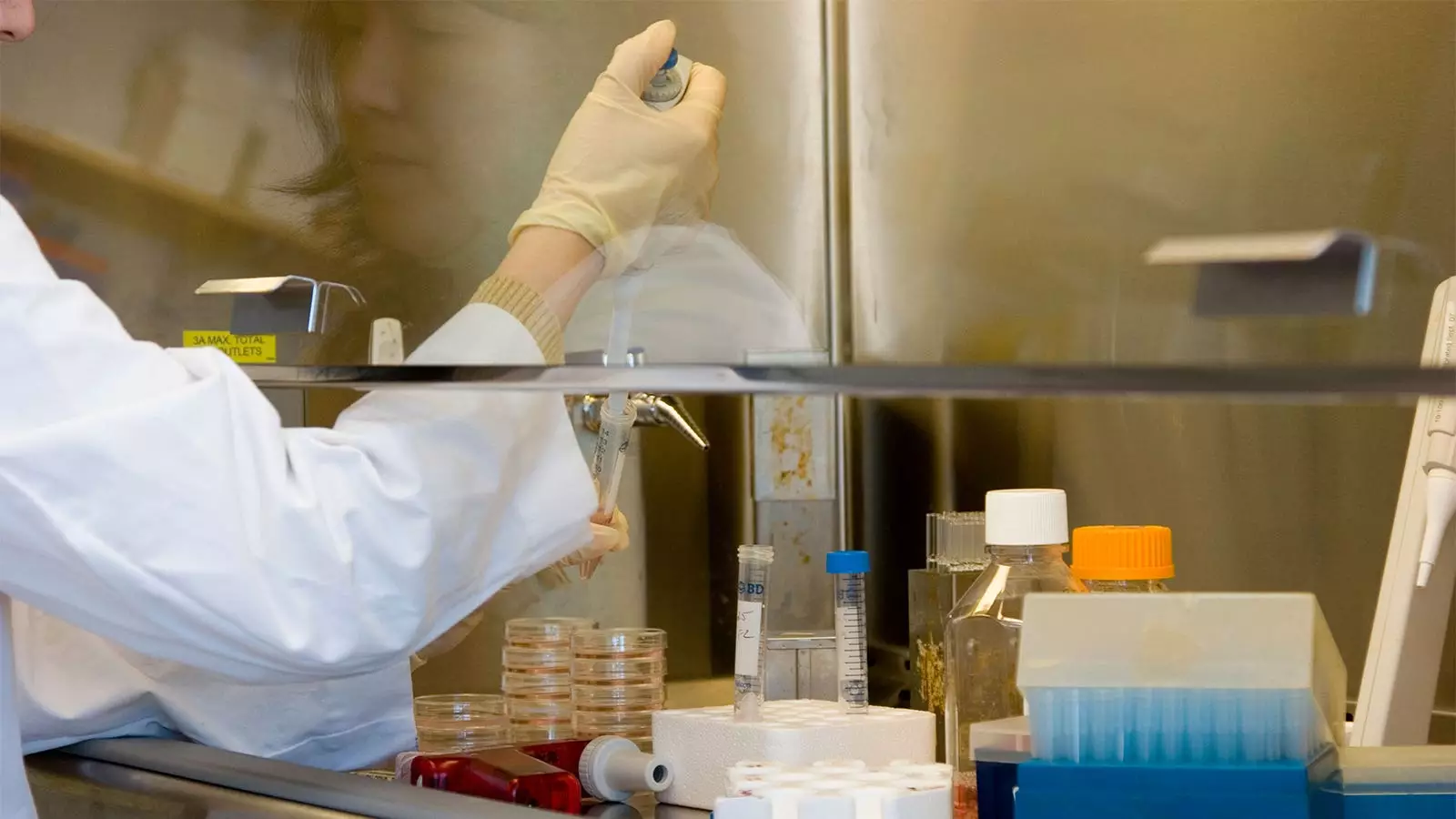The recent warning issued by the FDA to Akan Biosciences, the maker of an allogenic, adipose-derived stromal vascular fraction (SVF) product, sheds light on the regulatory challenges faced by companies in the field of regenerative medicine. This article aims to analyze the FDA’s warning to Akan Biosciences and explore the implications for the broader regenerative medicine industry.
The FDA’s warning to Akan Biosciences highlighted the unique nature of its allogenic SVF product, Ayama. Unlike traditional adipose-derived SVF products, which are typically autologous, Ayama is allogenic. This distinction is significant, as it raises questions about the safety and efficacy of the product. Stem cell biologist Paul Knoepfler noted that allogeneic SVF is not common in the industry, making Akan Biosciences’ product a novel and interesting case study.
One of the key issues raised by the FDA in its warning letter to Akan Biosciences was the company’s failure to comply with current good manufacturing practice (CGMP) requirements. The FDA noted that Ayama violated several CGMP requirements, including the lack of donor screening for communicable diseases such as HIV and hepatitis C and B. These violations raise serious concerns about the safety and quality of the product.
The FDA’s warning letter also addressed the regulatory classification of Ayama. The agency stated that the product should be regulated as a biological product under section “351” of the Public Health Service Act, rather than the more lenient “361” human cell, tissue, or cellular or tissue-based product (HCT/P) pathway. The FDA cited Ayama’s failure to meet the criteria for minimal manipulation and homologous use as reasons for the stricter regulatory classification.
The case of Akan Biosciences highlights the challenges faced by companies in the regenerative medicine industry when it comes to regulatory compliance. The FDA has been cracking down on unapproved regenerative medicine therapies since 2021, requiring manufacturers to meet premarket approval criteria or conduct research under its investigational new drug (IND) requirements. Companies like Akan Biosciences must navigate a complex regulatory landscape to ensure compliance with FDA regulations.
The FDA’s warning to Akan Biosciences underscores the regulatory challenges faced by companies in the regenerative medicine industry. The case of Ayama highlights the need for strict adherence to CGMP requirements and regulatory guidelines to ensure the safety and efficacy of regenerative medicine products. As the FDA continues to crack down on unapproved therapies, companies must prioritize compliance to maintain the integrity of the industry.



Leave a Reply